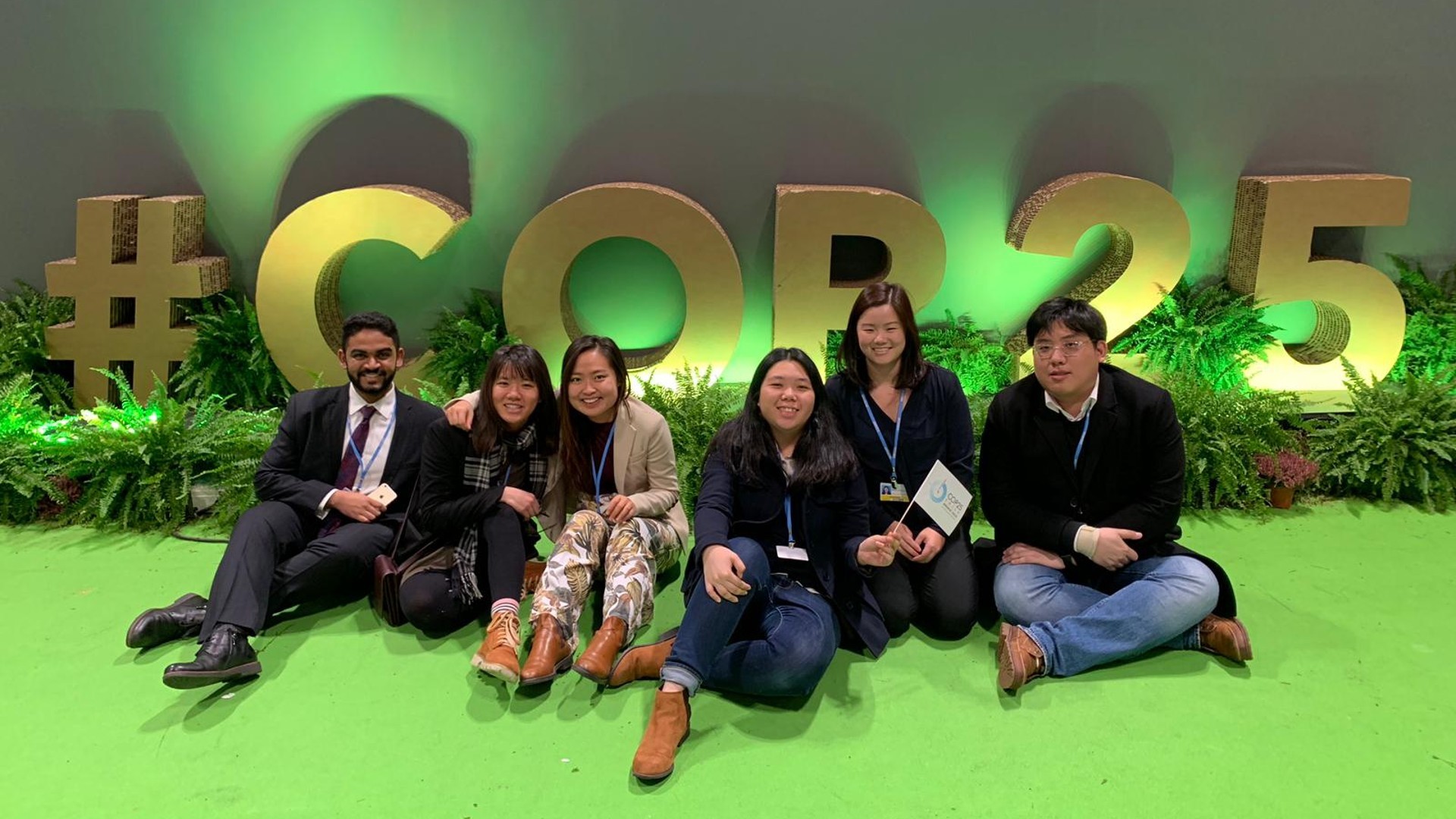Not at the UN Climate Change Conference? You can still contribute to climate action
The planet is at a pivotal point, as world leaders gather in Glasgow to discuss how countries can take collective action to counter climate change.
With a new report showing that the past seven years are on track to be the hottest recorded in history, the 26th United Nations Climate Change Conference (COP26) has been framed as a last chance for world leaders to take the necessary courses of action to mitigate global warming.
Discussions will centre on finalising the Paris Rulebook, a guide on how to keep the promise made through the Paris Agreement in 2015, to limit temperature rise to well below 2 deg C.
The ongoing COP26 talks, from 31 Oct to 12 Nov, are likely to be complicated and confusing. Nonetheless, a webinar jointly organised by two institutes from NUS aimed to demystify the process.
There is much that universities, businesses, and even the average Singaporean can do to fight climate change, stressed panellists at the webinar by the Centre for Nature-based Climate Solutions and the Energy Studies Institute (ESI).
“The simple message is that we have to, even at the individual level, work towards reducing our consumption and putting pressure on those who are emitting more,” said Ms Melissa Low, a research fellow at ESI.
The webinar, moderated by Ms Audrey Tan, The Straits Times’ science and environment correspondent, broke down how.
Universities: Innovate for tomorrow
In his opening address at the webinar, NUS President, Professor Tan Eng Chye, agreed that everyone plays a part in tackling climate change.
For NUS, he said, it has been investing in research into renewable energy, such as solar and new low-carbon sources like hydrogen, to help uncover new ways to lower carbon emissions.
Complementing this effort is nature-based climate research, which focuses on green (“forests”) and blue (“mangrove, seagrass, algae”) carbon, and the development of efficient cooling solutions for data centres to reduce their carbon footprint. The university’s grounds are also being used as testbeds for such innovative technologies.
And just a few months ago, NUS established the University Sustainability and Climate Action Council to examine how the university can coordinate and scale up its initiatives.
“Universities are in a privileged position to respond to the climate change challenges by harnessing the knowledge and creativity of our faculty, researchers and students and by using our grounds intentionally. We do not take this privilege and responsibility lightly,” said Prof Tan.
Companies: Track the carbon footprint of products and services
Whether big or small, companies can start by tracking their emissions. “You can’t reduce what you can’t measure,” explained Ms Low.
While many large companies that are heavy emitters of greenhouse gases are already required to pay a carbon tax, she added that it is just as important to involve small companies.
“They (SMEs) also have the potential to grow, and their products and services also contribute to overall emissions,” Ms Low noted.
One of the key discussions at COP26 that could impact companies is on Article 6 of the Paris Agreement, which seeks to set rules to strengthen the integrity of carbon markets and create a new global carbon offsetting mechanism.
With a carbon market, businesses could purchase carbon credits to offset the emissions of their own operations – a recognition that mitigation measures to reduce carbon emissions can be too costly for now.
But even if Article 6 falls through, ASEAN could consider putting in place a regional carbon trading mechanism, said panellist Ms Sharon Seah, a senior fellow and coordinator at ISEAS-Yusof Ishak Institute, who is also a staff member at the NUS Centre for International Law.
“There are many countries in this region that are carbon sinks,” she said, referring to places that absorb more carbon from the atmosphere than they release.
“Laos for instance has nearly 50 per cent of its land area covered by forest, and we want to give these countries an incentive to do more in terms of preserving their land and forests and not cutting them down for economic purposes.”
Individuals: Be mindful of what you buy
For the average Singaporean, even the apple you buy from a supermarket could make a difference to the fight against climate change.
Our carbon footprint from consumption includes not just the type of materials we use but also the things we eat and where they come from, explained panellist Mr Sandeep Chamling Rai, a senior advisor at the World Wildlife Fund International.
“Will you pick the apple with a high carbon footprint that has been emitted while being imported from the USA, or will you pick one imported from China (with lower carbon footprint)?” he mused.
Mr Sandeep, an NUS alumnus who specialises in global climate adaptation policy, shared how it is crucial to understand one’s own carbon footprint, be it from consumption or lifestyle habits, and to try to reduce it.
“Whether we like it or not, climate change is like a slow poison,” he cautioned. “You will be hit by the climate impact, it’s only a matter of time. You really need to address it.”





